Social justice is a fundamental principle that underpins a fair and equitable society. It encompasses the idea that every individual, regardless of their background, should have equal access to opportunities, resources, and rights. Social justice seeks to rectify inequalities, combat discrimination, and create a world where all members of society can thrive. In this comprehensive guide, we delve into the importance of social justice and its various aspects, highlighting its role in creating a more inclusive and equitable world.
Social justice refers to the fair and equitable distribution of resources, opportunities, and privileges within a society. It encompasses the idea that all individuals, regardless of their background, should have equal access to the benefits of society, including education, healthcare, employment, and political and civil rights. The importance of social justice is significant and multifaceted:
Equality and Fairness: Social justice promotes the principles of equality and fairness. It seeks to rectify and prevent discrimination, bias, and privilege based on factors like race, gender, socioeconomic status, and more.
Human Rights: It upholds fundamental human rights, such as the right to life, liberty, and security, the right to education, the right to work, and the right to participate in the cultural, social, and political life of one's country.
Reduction of Inequality: Social justice aims to reduce economic and social inequality. It strives to bridge the wealth gap, ensuring that basic needs and opportunities are accessible to all, not just a privileged few.
Access to Education: It ensures that every individual has equal access to quality education. Education is a cornerstone of personal and societal progress, and social justice promotes educational opportunities for all.
Healthcare for All: Social justice advocates for accessible and affordable healthcare services. It seeks to eliminate disparities in healthcare access and outcomes.
Inclusion and Diversity: It fosters inclusivity and celebrates diversity. A socially just society values and respects people of all backgrounds and identities.
Crime and Criminal Justice: Social justice calls for fair treatment within the criminal justice system, addressing issues such as racial profiling and inequities in sentencing.
Employment and Labor Rights: It supports fair wages, safe working conditions, and protection from workplace discrimination.
Environmental Justice: Social justice extends to environmental issues, advocating for equitable access to a clean and safe environment and addressing environmental inequalities that often affect marginalized communities.
Democratic Values: Social justice is integral to democratic societies. It ensures that political and civil rights, such as the right to vote, freedom of speech, and the right to a fair trial, are available to all citizens.
Conflict Resolution: It plays a role in preventing and resolving conflicts by addressing underlying social and economic inequalities that can lead to tensions and disputes.
Global Equity: Social justice extends beyond national borders, advocating for global equity, including fair trade, debt relief for developing countries, and humanitarian assistance.
Peace and Stability: By addressing social and economic disparities, social justice contributes to the overall peace and stability of societies. Reducing inequalities can lead to reduced social tensions and conflicts.
In summary, the importance of social justice lies in its role as a moral and ethical framework that seeks to create a more equitable and inclusive society. It is a driving force for positive change, aiming to uplift the most vulnerable and marginalized populations while promoting the well-being and progress of all members of a community or nation.
In recent years, the word 'social justice' has surpassed 'human rights' in popularity. What exactly is social justice? It's essentially a societal sense of fairness.
Equal human rights imply justice, equality of treatment, and equal access to jobs, healthcare, and other possibilities. While society seeks to focus on the 'rights' of all persons, it is clear that equality does not exist for everyone. When it comes to human equality, some situations and circumstances in our modern culture hinder us from receiving equal treatment. We typically see the social injustice that hinders us from living in a society where all humans are treated and deemed equals in the categories of religion, race, and gender (to name a few).
We've compiled a list of ten reasons why social justice is important to everyone:
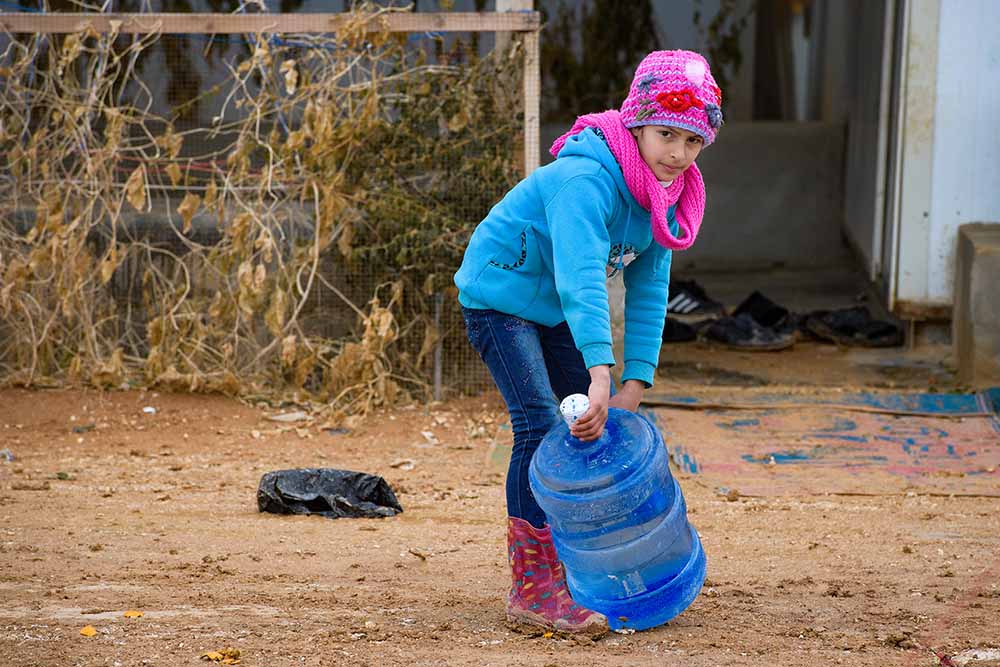
1. It ensures that everyone has access to the necessities of life
When it comes to fairness, everyone is owed certain basic rights. The major three are food, shelter, and safe drinking water. These are typically taken for granted by the majority of people in various civilisations, yet there are always gaps. Other countries, where basic requirements are just as important but not met, are also affected by social justice. People are working for social justice by speaking up in support of basic needs.

2. It ensures that everyone receives proper medical care
It is impossible to overestimate the value of excellent health. It's a life or death situation. The healthcare system in society defines who receives what services and how much they must sacrifice to receive the care they require. People working for social justice in healthcare are advocating for better and more affordable insurance plans, pharmaceutical access, and other issues.
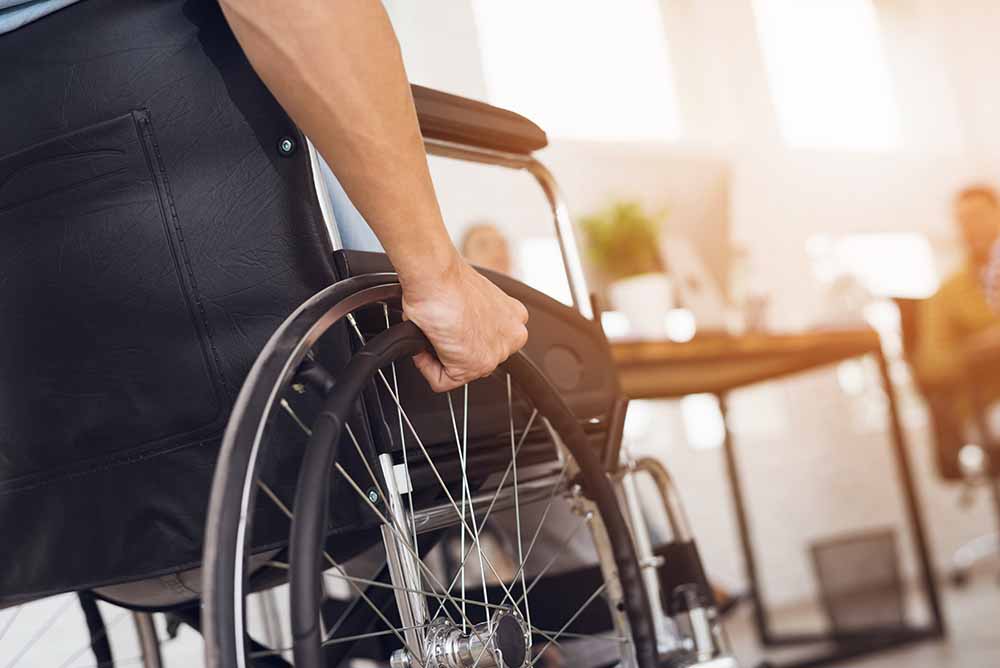
3. It safeguards disabled individuals
For many years, disability rights have been disregarded and neglected, but with the emergence of social justice, people are finally receiving a voice. Discrimination against people with visible and invisible disabilities (such as mental illness) is common in the workforce, in healthcare, and elsewhere. Disability rights must be included in social justice for it to genuinely be justice for all.
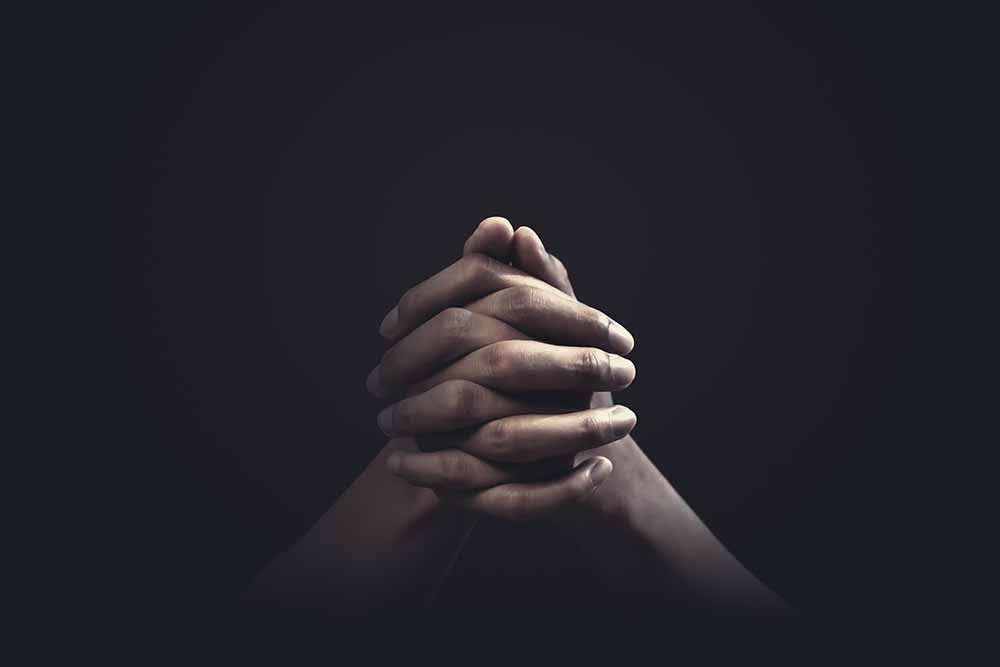
4. It protects persons from discrimination based on their religion
Religious freedom falls straight into the lap of social justice because religion is such an important element of a person's identity. Many countries have laws that restrict religious liberty, while others fail to implement existing safeguards. All religions, including the liberty to not follow any religion, should be free and safe, according to social justice campaigners.
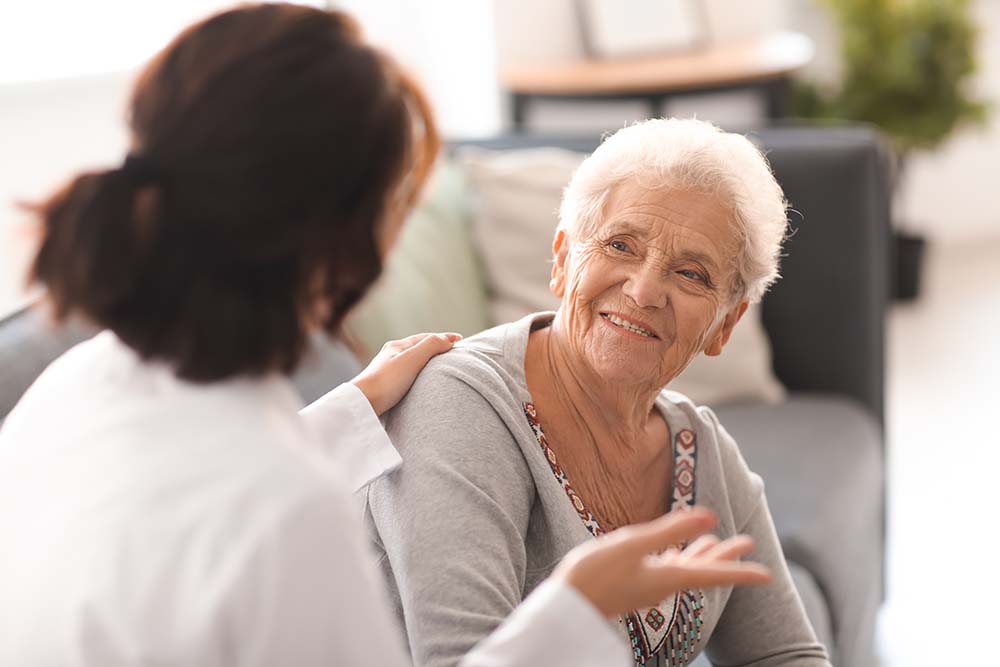
5. It safeguards people against ageism
People who are older are frequently discriminated against based on their age. They may be sacked from their employment in favour of a younger employee, or they may be treated with contempt in their daily lives. Ageism is a sort of prejudice that falls within the social justice umbrella.
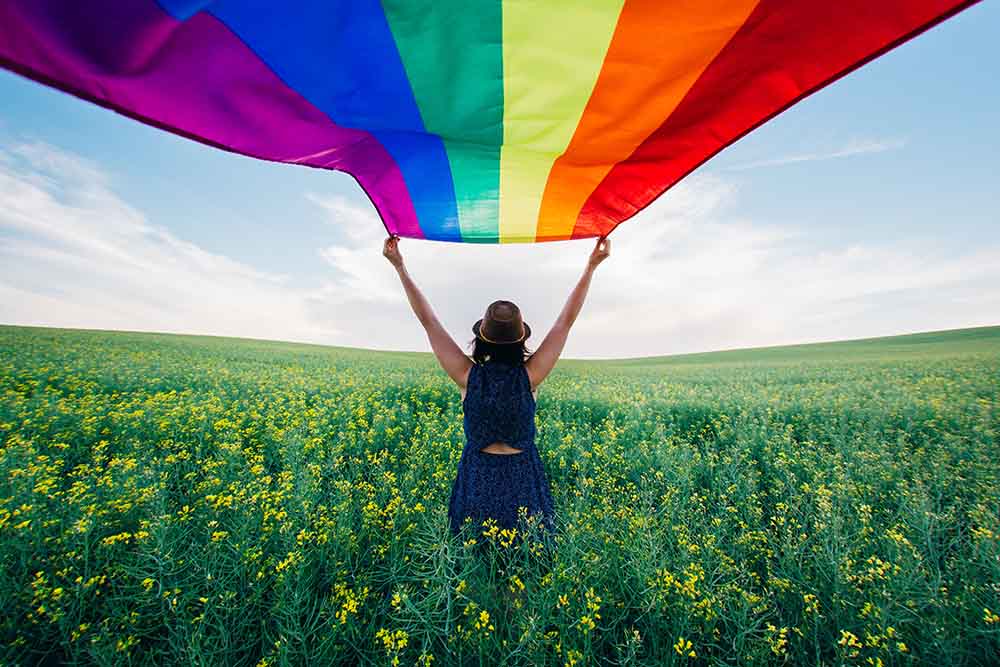
6. It safeguards persons from discrimination based on their sexual orientation
Members of the LGBTQIA community are routinely discriminated against in all aspects of their existence. In many terrible circumstances, it costs people their capacity to work, love, and even live, thus it's a big aspect of social justice to address it. In order for a society to be considered 'just,' LGBTQIA individuals must be treated fairly.
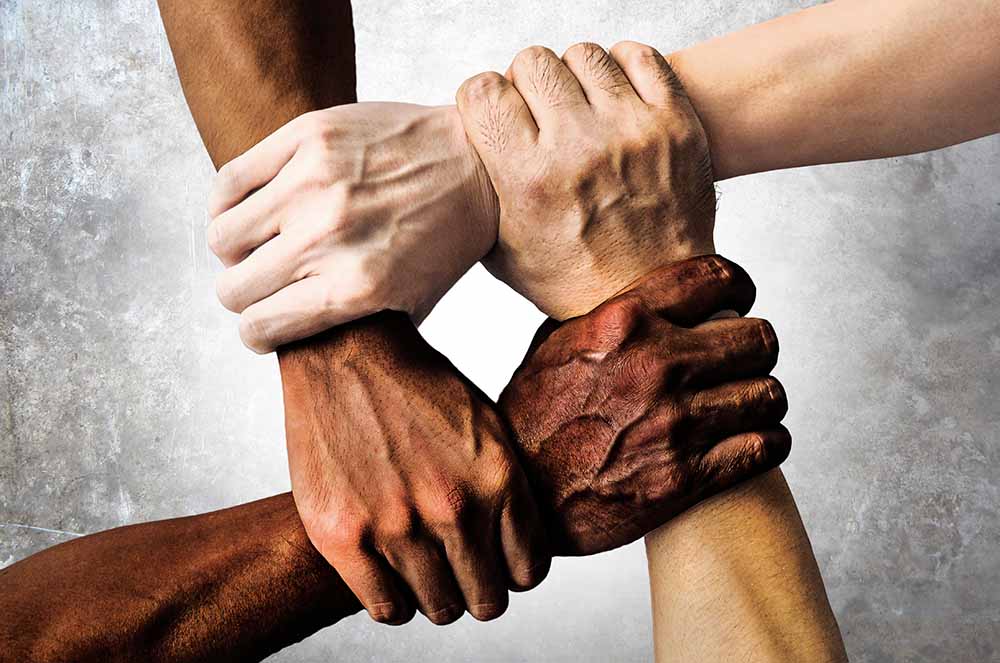
7. It protects people against racism
Discrimination on the basis of race is also a major problem in most societies. It can make it difficult for people to get work, live in peace, marry the person of their choice, and do other things. One of the most important characteristics of social justice is that people of all races can live happily and have equal opportunities.
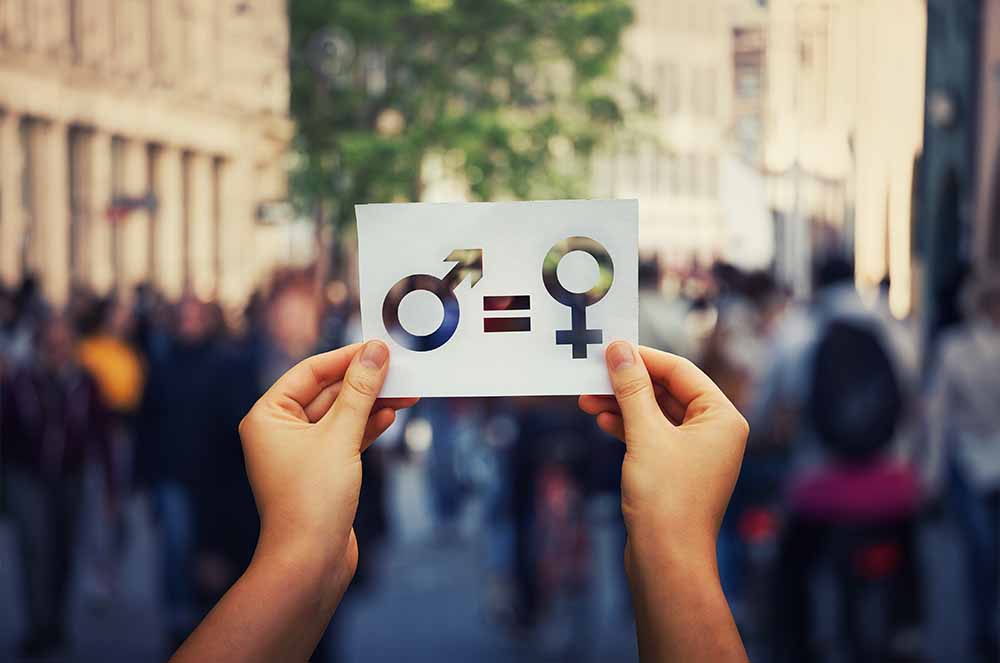
8. It aids in the promotion of gender equality
Discrimination based on gender appears to be one of the world's oldest types of injustice. Women and girls have always been the most persecuted group in history, and it only gets worse if they are also members of another oppressed group, such as a certain race or religion. Social justice aims to close the gender gap and empower women everywhere.
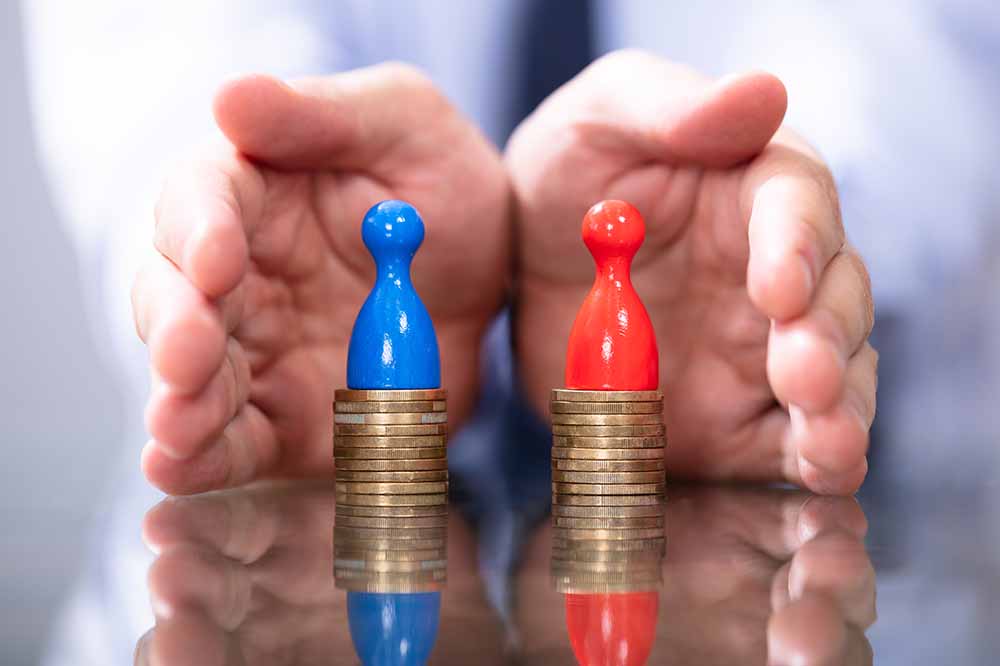
9. It aids in the promotion of economic equality
The divide between the rich and the poor appears to be widening all the time. It is just not fair that some people struggle to provide enough food for their children while others receive large sums of money as part of a severance deal. Equality should not imply that everyone is wealthy; rather, it should imply that everyone can fulfil their fundamental necessities and live without fear of being thrown out on the streets if they have a setback. The goal of social justice is to ensure everyone's economic security.

10. It aids in the enhancement of educational opportunities for children
A decent education is essential for breaking the cycle of poverty and allowing everyone to achieve their goals. Thousands more people, on the other hand, are unable to obtain a decent education simply because of where they reside or because of other forms of discrimination. Everyone should be able to learn in a safe, supportive, and equal-opportunity environment, according to social justice. When children are educated, society as a whole benefits.
Social Justice Examples
Throughout history, social justice movements have transformed societies and challenged systemic inequalities. Examples include the Civil Rights Movement in the United States, which fought against racial segregation and discrimination, and the Women's Suffrage Movement, which secured women's right to vote. The LGBTQ+ rights movement has made significant progress in securing equal rights for the LGBTQ+ community. Globally, the fight against apartheid in South Africa, led by figures like Nelson Mandela, and the struggle for indigenous rights in countries like Canada and Australia are powerful examples of social justice movements making a difference.
Principles of Social Justice
Social justice is guided by several core principles. These include equity and fairness, where every individual is treated justly and impartially. It emphasizes the importance of access to resources and opportunities, aiming to reduce disparities. Inclusivity and diversity are fundamental, recognizing and celebrating the differences that make our societies rich. Respect for human rights is a non-negotiable principle, with social justice movements often focused on securing and defending these rights. Finally, social justice demands accountability and the recognition of historical injustices, driving change and reparations for past wrongs.
Conclusion
In a world that constantly grapples with inequalities and injustices, the importance of social justice cannot be overstated. It serves as a beacon of hope, guiding us toward a fairer and more equitable future. By championing the rights and dignity of all individuals, regardless of their background, social justice paves the way for a society where everyone can thrive. It is our collective responsibility to embrace the principles of social justice and work towards a world that is more inclusive, diverse, and respectful of human rights.
FAQs:
1.What is the importance of social justice?
A-Social justice is important as it ensures equal access to basic necessities, healthcare, and protection from discrimination. It promotes inclusivity, diversity, and human rights, ultimately striving for a fair and equitable society.
2.How can I contribute to social justice?
A-You can contribute to social justice by advocating for equality, supporting marginalized communities, and participating in social justice movements and initiatives
3.What are some famous social justice movements in history?
A-Notable social justice movements include the Civil Rights Movement, Women's Suffrage Movement, LGBTQ+ rights movement, anti-apartheid movement, and indigenous rights movements in various countries.
4.What are the core principles of social justice?
A-The core principles of social justice include equity, inclusivity, diversity, respect for human rights, and accountability for historical injustices.
5.Why is gender equality an essential aspect of social justice?
A-Gender equality is central to social justice as it aims to empower women and promote equal opportunities for all genders, combating discrimination and bias.
6.How does social justice address economic inequalities?
A-Social justice works to narrow the wealth gap and create economic opportunities for marginalized communities, striving for a more equitable distribution of resources.
7.What are some contemporary social justice issues?
A-Contemporary social justice issues include racial inequalities, LGBTQ+ rights, gender disparities, refugee and immigration rights, and environmental justice.